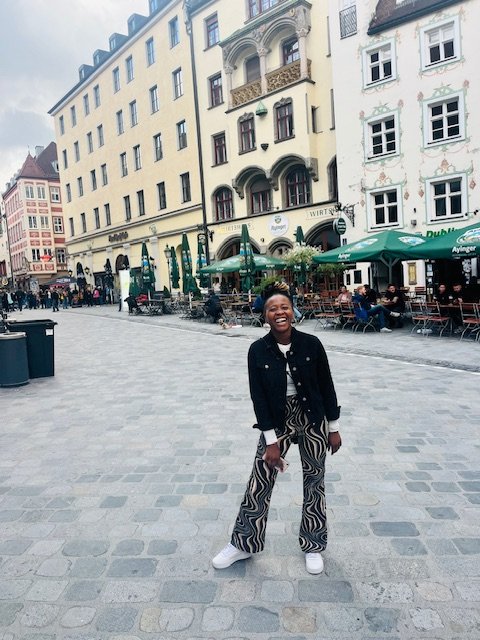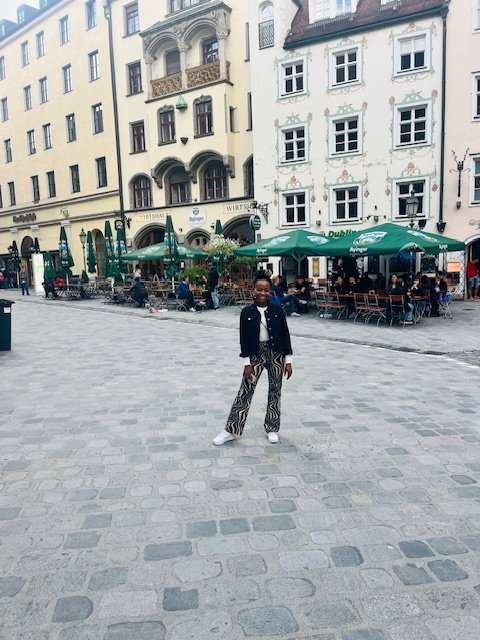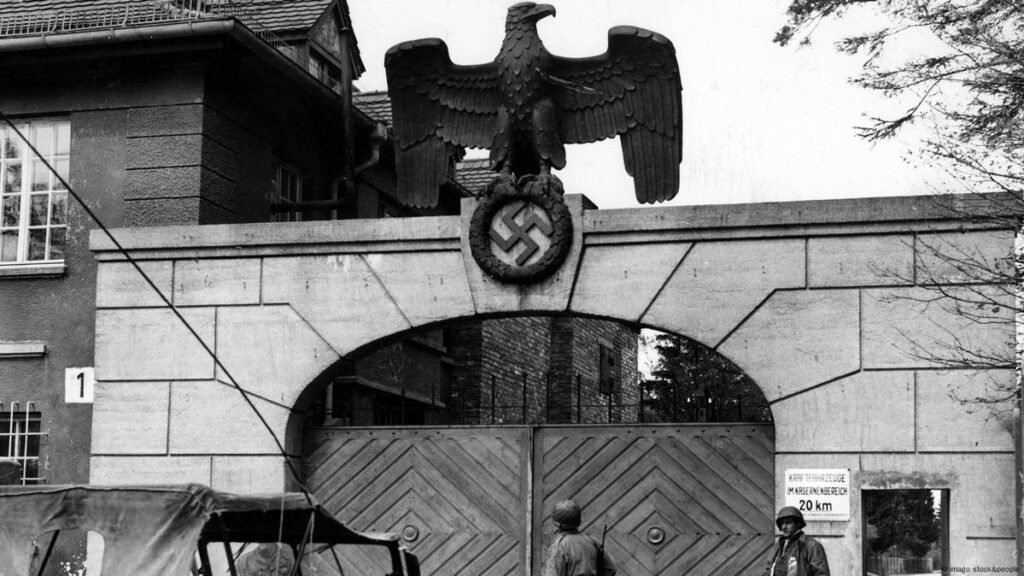
Europe Vacation 2024 Part 2: Reflections on Human Nature and History
During my travels to Europe in May and June, I spent two weeks in Germany, visiting several cities. One significant stop was in Munich at the Dachau Concentration Camp Memorial Site. This visit sparked deep reflections on human nature, morality, and our capacity for both good and evil.
Standing on the grounds where the horrors of the Holocaust unfolded from 1933 to 1945 was a profound experience. It made me question whether we are inherently bad because we do bad things, or if we are inherently good but just do cruel things. The level of pain humans can inflict on one another is both incredible and horrifying. It seems that kindness, compassion, and empathy require effort beyond our natural inclinations.
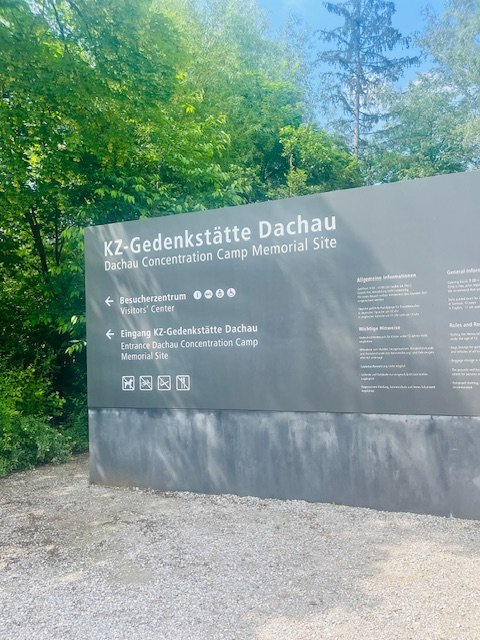
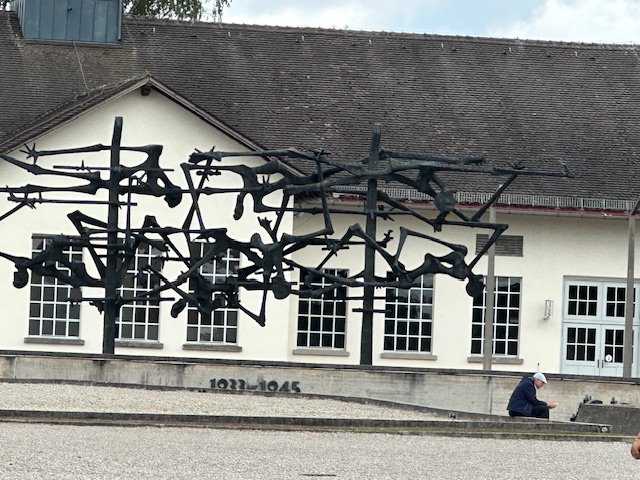
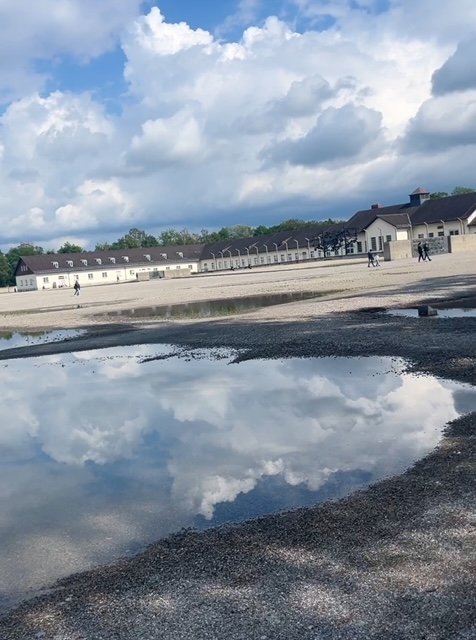

The tour was gut-wrenching. I had to take a break to walk and process everything, as my spirit was moved and my mind was provoked. Despite learning about these events in history classes and seeing them memorialized in museums, it’s clear that, globally, we continue to commit atrocities against each other. It seems we don’t truly learn from history.
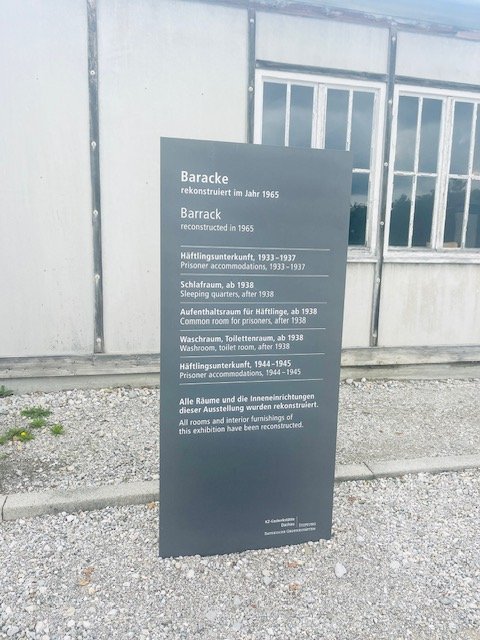





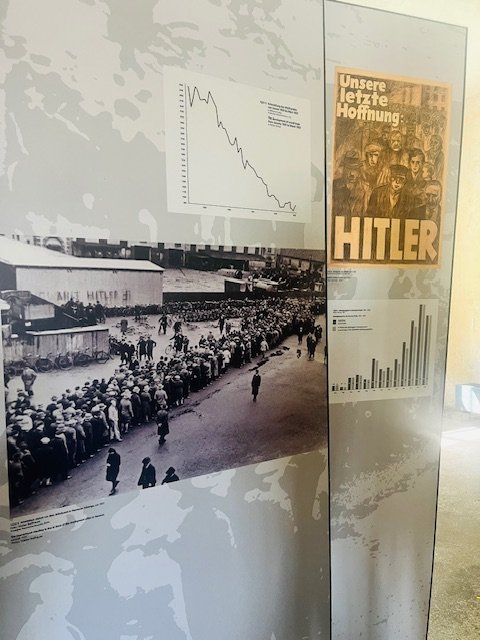

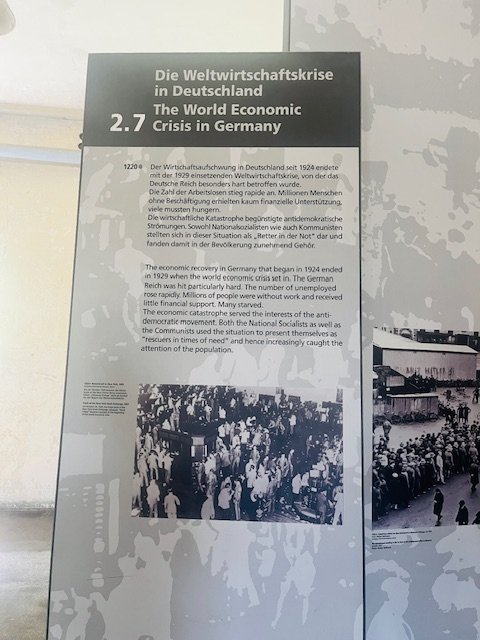
This realization made me reflect on current global issues, such as the wars in Gaza, the Democratic Republic of the Congo, South Sudan, Myanmar, and beyond. As I considered these conflicts, I couldn’t help but think about how we over and over around the world to this day continue to commit atrocities against one another. Many questions ran through my mind, particularly regarding Germany’s position on the genocide in Gaza. Given its historical context, I understand that Germany faces a complex situation in determining its stance. However, this choice of neutrality might, unfortunately, place Germany on the wrong side of history once more. Oh, Germany, and oh, world—will we ever learn?


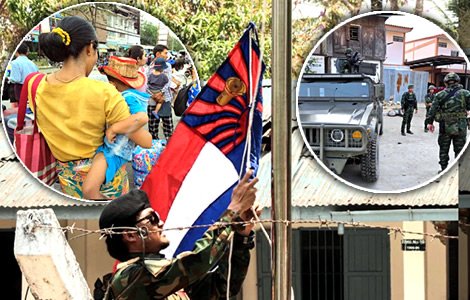
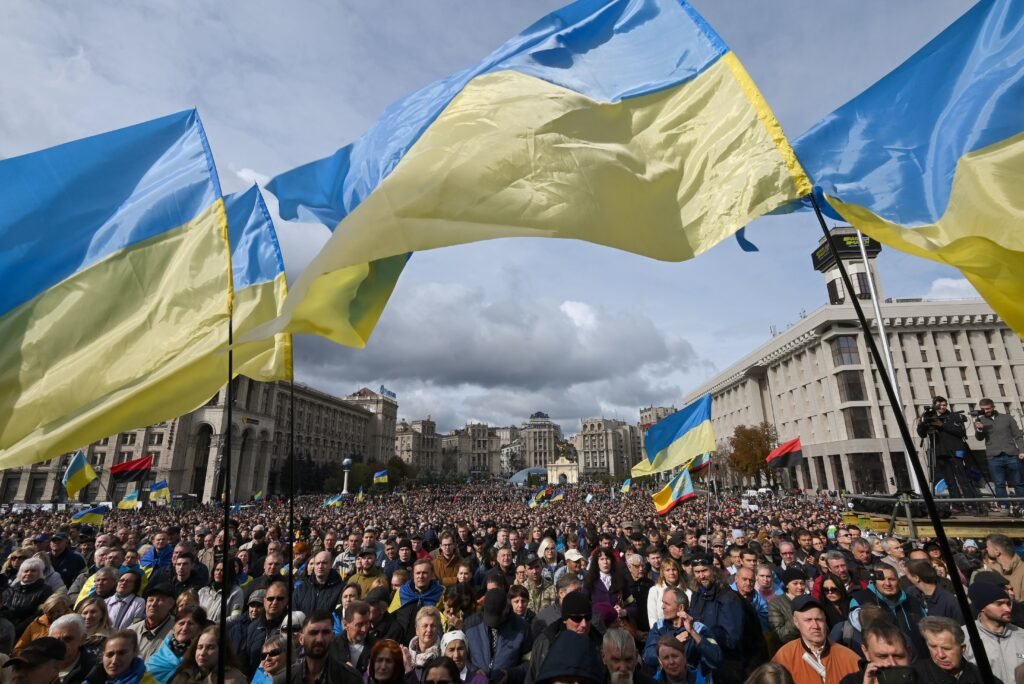
These reflections linger as a reminder of the ongoing struggle between our capacity for evil and our potential for good. Perhaps, next time, we can hope for a world that leans more toward understanding, kindness, and learning from our past.
The tour was not only emotionally draining but also physically exhausting. The campsite was massive, and I walked a lot that day. By the end of the tour, I was both exhausted and starving. I headed to the central city and dined at Hofbräuhaus, which was a great way to end the day. Hofbräuhaus is an immense brewery hall in the heart of Munich, offering an authentic Bavarian atmosphere. It features live traditional bands that fill the air with lively music, enhancing the experience. The venue also houses a gift shop where you can find unique Bavarian souvenirs.


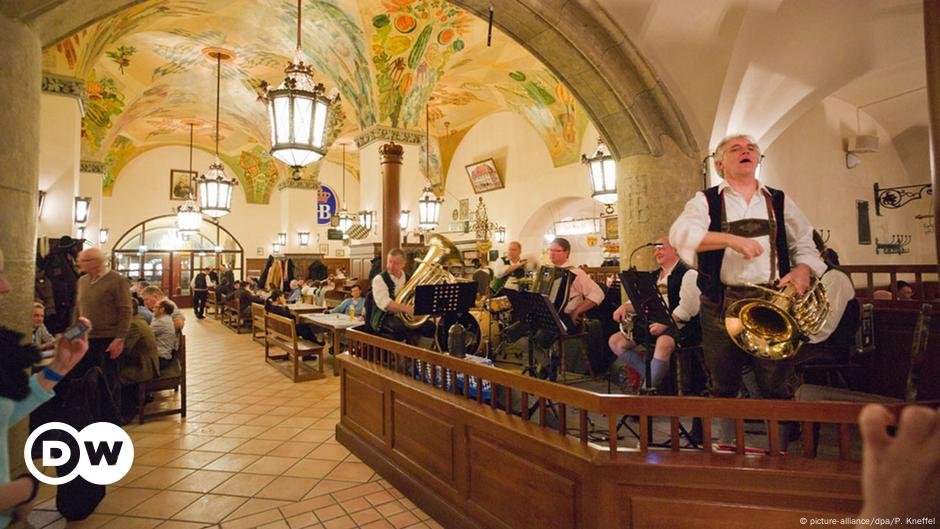
As I settled into my seat, the warm, inviting smell of freshly brewed beer and hearty Bavarian cuisine surrounded me. The lively chatter of fellow diners and the cheerful tunes from the band created a sense of community and celebration. I indulged in classic dishes like pretzels, roasted pork knuckle, and bread dumplings, while I thought about the region’s rich culinary heritage with each bite.


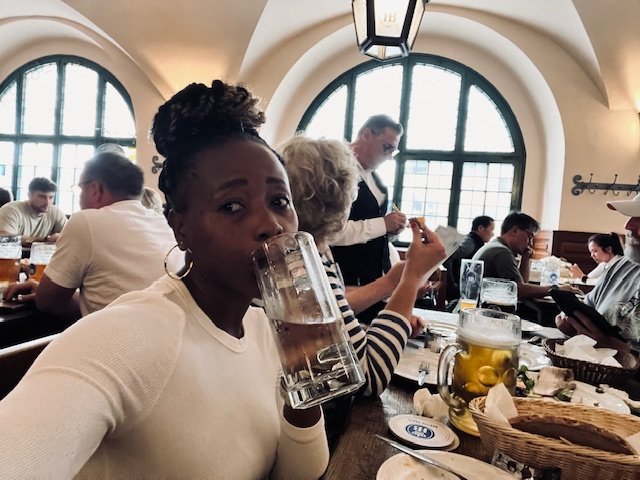

Reflecting on the day, I felt grateful for the opportunity to explore and learn from such a significant historical site and then unwind in a place that celebrates life and tradition. The contrast between the somberness of the camp and the joyous atmosphere of Hofbräuhaus highlighted the resilience of the human spirit and the importance of cherishing the present.
